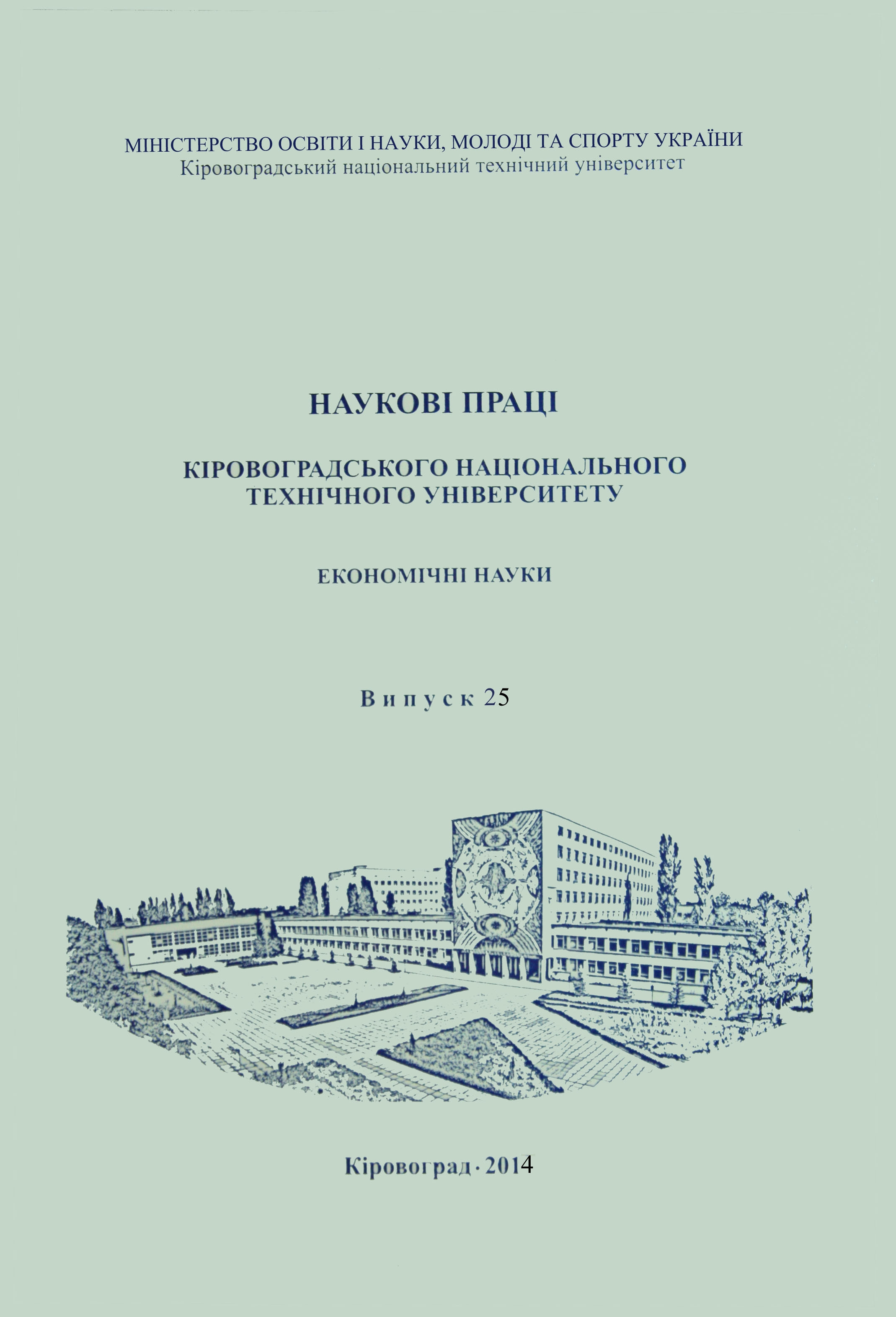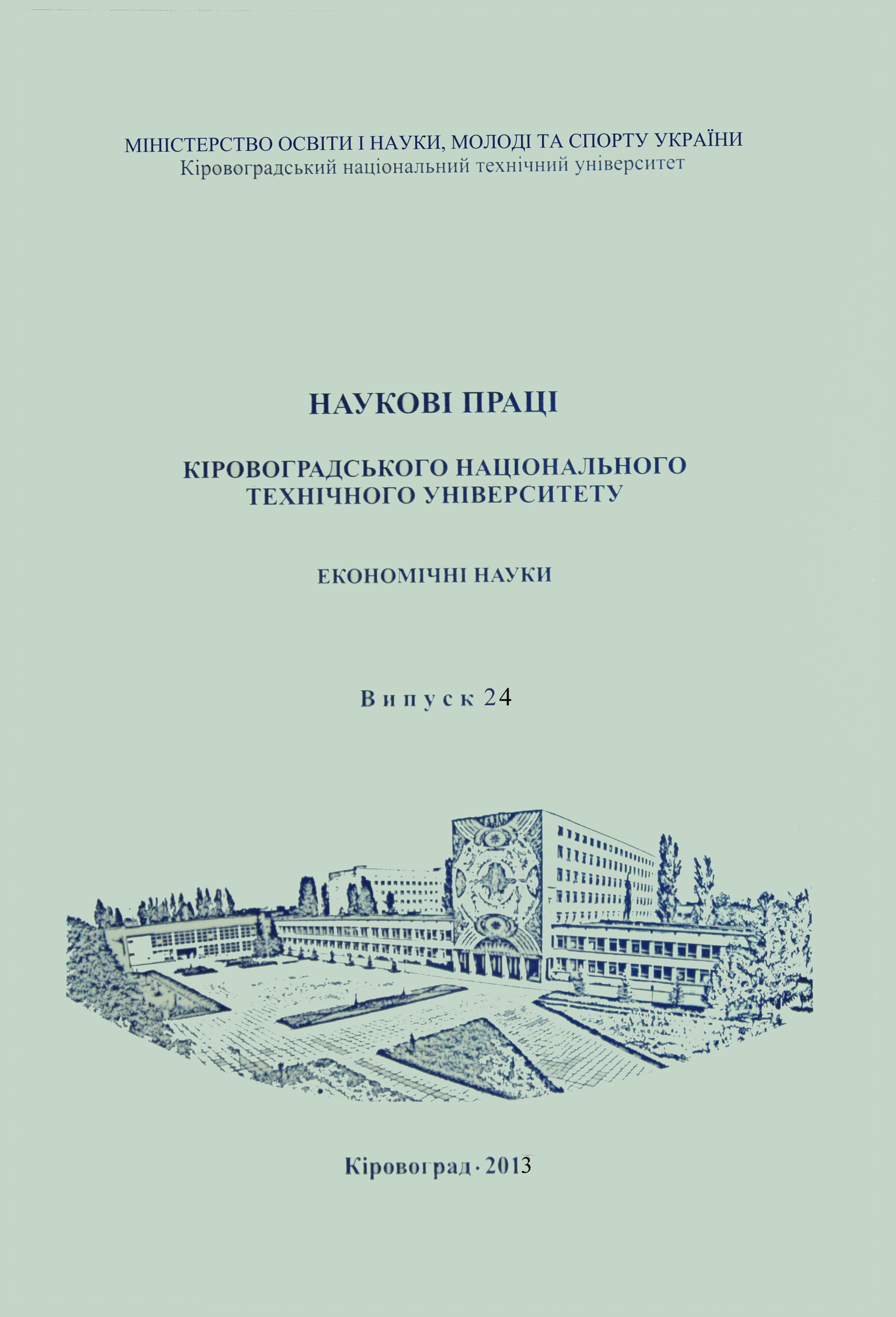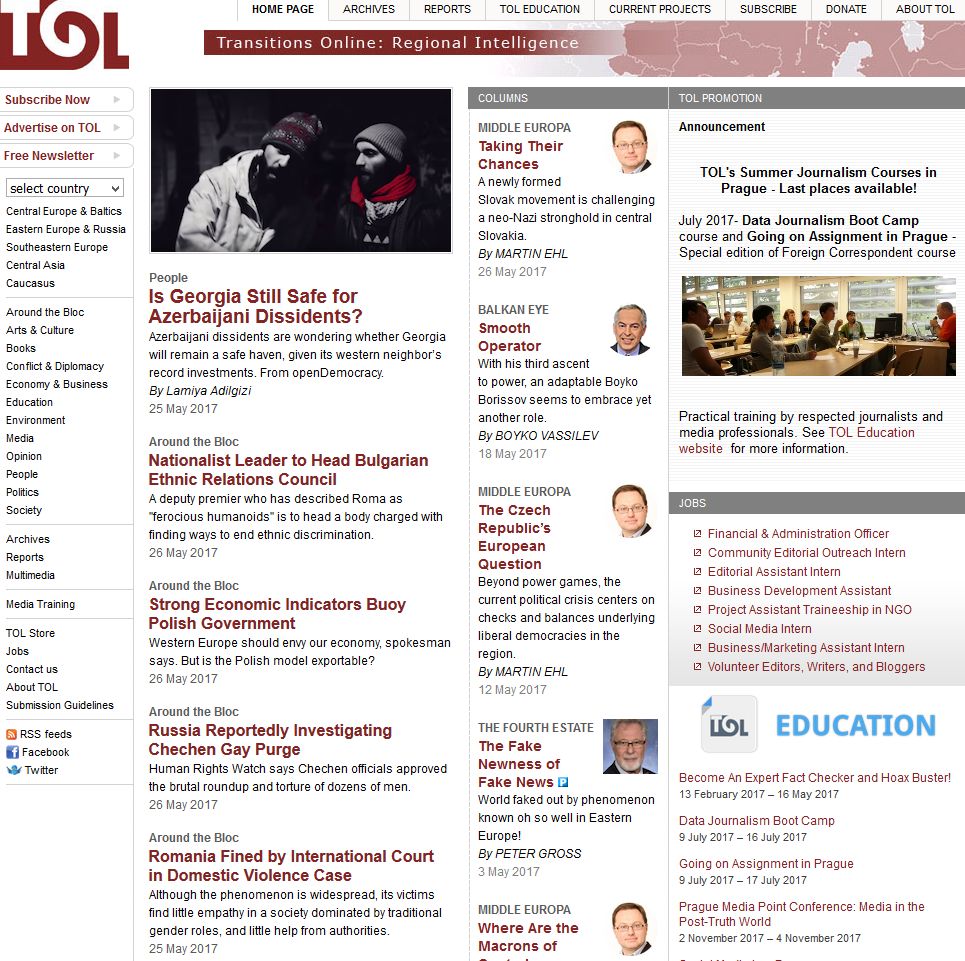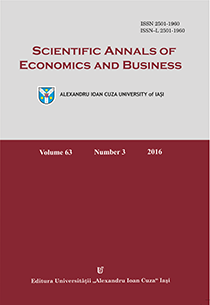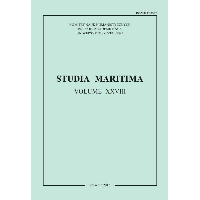Author(s): Radosław Gaziński / Language(s): Polish
Issue: 1/2015
The development of Pomeranian ports in the 16th century and the first half of the 17th century was curbed by three basic barriers. The first one were difficult natural conditions on the coasts, which were flat, sand and devoid of any deeper natural bays. The second one resulted from a poor offer of Pomerania itself, where soils were rather barren and forest resources limited. The third barrier was the fact that Pomerania was cut off from a wider base of Greater Poland and Silesia by the Brandenburg economic policy. The tiny quantity of goods offered by Pomerania was typical of the other ports of the Southern Baltic: in Mecklemburg, Royal Prussia, the Duchy of Prussia, Livonia. The sea ports, of which the biggest ones were Stralsund, Szczecin and Greifswald, concentrated on an exchange with the countries of the North Sea (the Netherlands, England, Scotland, Norway), and – to a lesser extent – with France and Spain, and the Scandinavian countries (Denmark, Sweden). Among the exported goods there were: cereals, flour and food (bread, pork fat, butter, cheese, meat, honey); malt, beer, wood, boards and woodblocks, and forest produce (ash, potash, wood tar, and other types of tar); linen, skins of farm animals, wool, hemp. Among the goods imported from the above mentioned countries to be consumed by the Pomeranians, and also by the inhabitants of Greater Poland, Brandenburg and Silesia, there were sea and Lüneburg salt, saltwater fish, especially herring, wine, English and Dutch cloth, metals (iron, copper, tin), West-European craft products and colonial goods (spices, sugar, tropical fruit). The commercial exchange within the Baltic Sea was not easy because of the weather conditions (the winter break was still kept) and armed conflicts. In the period in question the biggest disorder in the maritime trade was caused by the 1st Northern War (1563–1570).
More...
